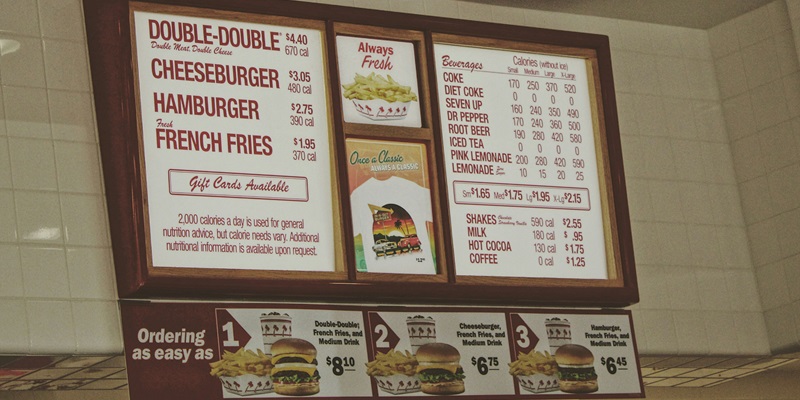In an era dominated by technological advancements, the restaurant industry is increasingly turning to artificial intelligence (AI) to enhance customer satisfaction. AI-powered menu personalization employs advanced algorithms and machine learning to analyze customer preferences, behaviors, and historical data. By harnessing the power of AI, restaurants can offer a more tailored and delightful dining experience than ever before.
Continuous Adaptation and Learning
One of the most remarkable features of AI-powered menu personalization is its ability to adapt and evolve over time. By continuously learning from customer feedback, the system can adjust its recommendations to ensure an ever-improving dining experience. Through analysis of customer interactions and preferences, AI algorithms become more adept at accurately predicting and offering personalized menu options.
Enhanced customer satisfaction
The primary advantage of AI-powered menu personalization is the heightened level of customer satisfaction it delivers. By tailoring menu recommendations to individual preferences, restaurants can create a dining experience that is customized to each patron’s unique tastes. This personalization creates a sense of exclusivity, making customers feel valued and understood, resulting in increased loyalty and repeat visits.
Impact on the restaurant’s bottom line
While customer satisfaction is paramount, it is also essential to consider the impact on a restaurant’s bottom line. Menu personalization directly influences revenue and profitability. By promoting items that appeal to individual preferences, restaurants can increase sales and maximize profitability. It allows for targeted marketing strategies and the efficient utilization of ingredients, reducing waste and optimizing cost management.
Streamlining restaurant operations
AI-powered menu personalization not only benefits customers but also streamlines restaurant operations. By automating the process of analyzing customer data and generating personalized recommendations, restaurants can reduce staff workload and increase efficiency. This streamlining allows staff to focus on other key aspects of service, improving overall operational productivity.
Unique and tailored dining experience
AI-powered menu personalization provides a distinctive edge by offering a unique and tailored dining experience. By understanding individual likes, dislikes, and dietary requirements, restaurants can create personalized menus, ensuring that each dish served aligns perfectly with the customer’s preferences. This customization enhances the overall dining experience, making each visit memorable and extraordinary.
Considerations for privacy and data security
While AI-powered menu personalization offers tremendous benefits, it also raises concerns about privacy and data security. It is crucial for restaurants to prioritize the protection of customer data and implement strict security measures to safeguard information. Transparent communication with customers is imperative, ensuring that they understand how their data is collected, stored, and utilized.
Challenge of accurate interpretation
Ensuring that the AI system accurately interprets diverse culinary preferences poses a significant challenge. Preferences can be subjective, influenced by cultural backgrounds, allergies, or recent dietary changes. Constant fine-tuning and refining of AI algorithms is necessary to ensure accurate and nuanced understanding of individual preferences. Collaboration between data scientists, chefs, and the AI system is essential to improve the accuracy of menu recommendations.
Reshaping the restaurant industry
The integration of AI into various aspects of restaurant operations holds the potential to fundamentally reshape the industry. AI-powered technologies can optimize inventory management, automate reservation systems, and even enhance kitchen operations by predicting demand and optimizing food preparation processes. This transformative potential allows restaurants to operate more efficiently, improving profitability and customer satisfaction simultaneously.
Future prospects
The future holds the promise of a more personalized, efficient, and delightful dining experience. As AI-powered menu personalization continues to evolve, customers can anticipate even more accurate and nuanced recommendations. Virtual assistants and smart devices may integrate seamlessly, allowing for personalized menu suggestions anytime, anywhere. This technological advancement will result in an unprecedented level of convenience and customization, revolutionizing the way we dine.
In conclusion, AI-powered menu personalization is revolutionizing the restaurant industry by offering a personalized and delightful dining experience. By employing advanced algorithms and continuous learning, restaurants can exceed customer expectations, leading to enhanced customer satisfaction and increased profitability. While challenges regarding privacy and accurate interpretation exist, the potential of AI integration in streamlining restaurant operations is immense. With the future promising even greater advancements, the dining experience is set to become more personalized, efficient, and memorable than ever before.

